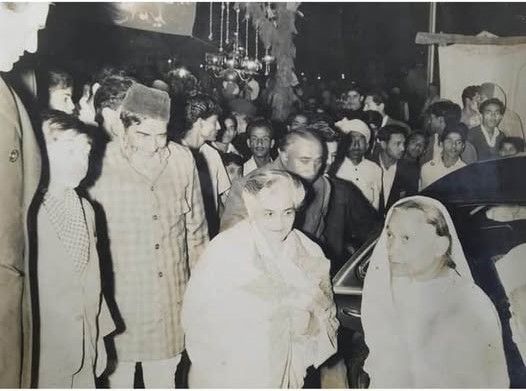The Legacy of Begum Sahiba of Bhopal and Pathari

Introduction
Indian history is replete with powerful female figures who defied conventions and made significant contributions to governance and society. Among them, Begum Sahiba of Bhopal and Begum Sahiba of Pathari stand out as exemplary leaders. These women ruled with remarkable vision, diplomacy, and strength, leaving an indelible mark on history. This article delves into their backgrounds, leadership, and lasting influence.
Begum Sahiba of Bhopal: A Trailblazer in Governance
The princely state of Bhopal, located in present-day Madhya Pradesh, is unique for its history of female rulers. The most prominent among them was Begum Sahiba of Bhopal, a title associated with a series of ruling queens who defied patriarchal norms.
A Legacy of Women Rulers
Bhopal was among the few states in India where women ascended the throne despite societal restrictions. The lineage of female rulers began with Qudsia Begum, who took charge after her husband’s assassination in 1819. Her daughter, Sikandar Begum, further cemented the legacy of women-led governance.
Political and Social Reforms
Begum Sahiba of Bhopal was known for her administrative acumen, military strategies, and commitment to social reforms. Some of her notable contributions include:
- Infrastructure Development: She established roads, educational institutions, and sanitation systems.
- Military Strength: Under her leadership, Bhopal maintained a strong army and strategic alliances.
- Education and Women’s Rights: She promoted female education and established schools for girls, a progressive step during her time.
Impact and Legacy
The legacy of Begum Sahiba of Bhopal continues to inspire generations. Her rule demonstrated that women could be exceptional leaders, paving the way for future female figures in Indian politics.
Begum Sahiba of Pathari: A Guardian of Heritage and Culture
Pathari, a lesser-known princely state in Madhya Pradesh, also had a history of influential women in governance. Begum Sahiba of Pathari played a crucial role in maintaining the region’s cultural and political heritage.
A Strong Ruler in Challenging Times
Pathari, though a smaller state compared to Bhopal, was strategically important. Begum Sahiba of Pathari upheld the traditions of the region while adapting to the changing political landscape of colonial India.
Contributions to Governance and Society
Begum Sahiba of Pathari was recognized for her ability to maintain stability in the region through diplomatic and administrative efforts. Her contributions included:
- Preserving Cultural Identity: She actively promoted local arts, literature, and architecture.
- Diplomatic Relations: She navigated complex relationships with British officials and neighboring rulers to ensure Pathari’s autonomy.
- Social Welfare Initiatives: Her governance focused on the well-being of her people, particularly in education and healthcare.
Lasting Influence
Although lesser-known than the Begums of Bhopal, the legacy of Begum Sahiba of Pathari remains an essential chapter in India’s history. Her dedication to governance and cultural preservation set an example for future leaders.
Comparing Their Legacies
Both Begum Sahiba of Bhopal and Begum Sahiba of Pathari were formidable leaders who challenged societal norms. While the Begums of Bhopal were known for their military strength and large-scale governance, the Begums of Pathari contributed significantly to cultural preservation and diplomacy. Their reigns highlight the diverse ways in which women have shaped Indian history.
Conclusion
The stories of Begum Sahiba of Bhopal and Begum Sahiba of Pathari serve as powerful reminders of women’s potential in leadership. Their courage, intelligence, and commitment to progress left a lasting impact on their regions. As history continues to recognize their contributions, they remain symbols of female empowerment and resilience.











